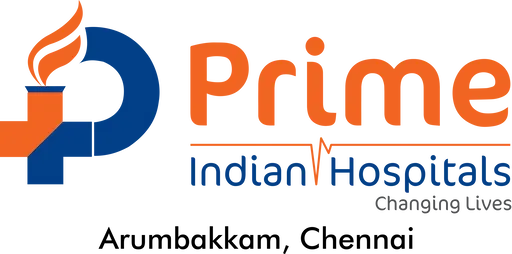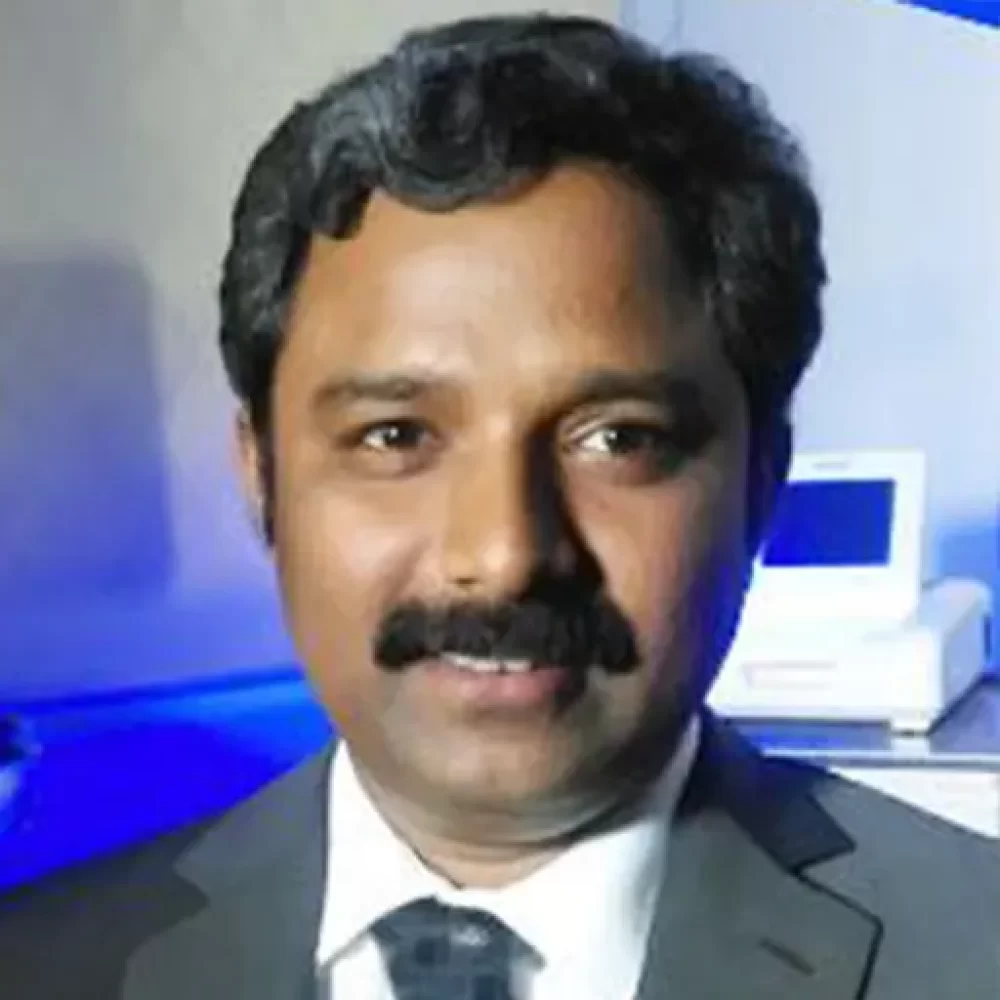Physiotherapy is a healthcare treatment that helps individuals improve movement, manage pain, and regain function after injury, illness, or surgery. It involves various techniques such as exercise, manual therapy, and the use of physical agents to enhance mobility and reduce discomfort. Physiotherapists are trained to assess and treat a wide range of conditions, from musculoskeletal issues to neurological disorders. The goal of physiotherapy is not only to alleviate symptoms but also to improve quality of life by promoting physical independence.
Many patients seek physiotherapy for conditions like arthritis, back pain, or recovery from surgery, but it also plays a crucial role in preventing future injuries by strengthening muscles and improving flexibility. Whether it’s restoring movement after an injury or helping a patient manage chronic pain, physiotherapy is an essential treatment for achieving optimal health and wellness.
What is Physiotherapy?
Physiotherapy is a branch of healthcare focused on restoring movement and function in individuals suffering from physical impairments or disabilities. It is often employed to treat conditions affecting the muscles, joints, ligaments, bones, and nerves. Through a combination of exercises, stretches, hands-on manipulation, and various therapeutic modalities, physiotherapists aim to help patients regain their strength, mobility, and flexibility. Whether recovering from an accident, surgery, or managing chronic conditions, physiotherapy offers a holistic approach that targets the root cause of pain or dysfunction, rather than just masking symptoms.
- Tailored Treatment Plans: Physiotherapists assess each patient’s condition and design a personalized treatment plan.
- Therapeutic Techniques: Treatment may include exercises, manual techniques, and modalities like heat, cold, or ultrasound.
- Effective for Various Conditions: Physiotherapy is effective for musculoskeletal injuries, stroke rehabilitation, and sports-related injuries..
Through physiotherapy, patients can experience significant improvements in their ability to move, reduce pain, and regain independence in daily activities.
Types of Physiotherapy
There are various types of physiotherapy, each designed to address specific needs and conditions. Depending on the patient’s requirements, a physiotherapist may use one or a combination of different methods. Orthopedic physiotherapy focuses on conditions related to the musculoskeletal system, such as fractures, arthritis, or post-surgical rehabilitation. Neurological physiotherapy is designed for patients recovering from strokes, spinal cord injuries, or neurological disorders like multiple sclerosis. Cardiopulmonary physiotherapy helps individuals with heart or lung conditions, such as chronic obstructive pulmonary disease (COPD) or post-heart surgery recovery.
- Orthopedic Physiotherapy: Aims to improve movement and reduce pain in muscles, joints, and bones through exercises and manual therapy.
- Neurological Physiotherapy: Focuses on rehabilitation after neurological injuries or conditions, helping patients regain motor control and function.
- Cardiopulmonary Physiotherapy: Aids recovery and improves lung and heart health, often used for patients with chronic heart or lung conditions.
By choosing the appropriate type of physiotherapy, patients can experience more effective recovery tailored to their specific health condition.
Benefits of Physiotherapy
Physiotherapy offers numerous benefits that can significantly enhance a patient’s overall quality of life. One of the most significant advantages is pain relief. Whether recovering from an injury, surgery, or managing a chronic condition, physiotherapy can alleviate discomfort through various techniques such as manual therapy, ultrasound, or electrical stimulation. Additionally, physiotherapy helps improve flexibility, strength, and mobility, allowing individuals to return to their normal activities more quickly. Physiotherapy also aids in improving posture and balance, reducing the risk of falls, and preventing future injuries.
- Pain Relief: Physiotherapy helps alleviate acute and chronic pain, reducing the need for medications.
- Improved Flexibility and Strength: Patients experience enhanced flexibility and strength, enabling them to perform everyday activities more easily.
- Injury Prevention: Physiotherapy strengthens muscles and improves joint mobility, reducing the risk of future injuries.
With regular physiotherapy sessions, patients can regain function and independence while reducing pain and preventing future problems.
Risks of Physiotherapy
While physiotherapy is generally safe and beneficial, there are some risks to be aware of, particularly if exercises or techniques are not performed correctly. In some cases, patients may experience temporary soreness or discomfort as their body adjusts to the treatment. If a physiotherapist applies too much force or if exercises are not adapted to the patient’s current ability, there is a risk of exacerbating the injury or creating new problems. However, these risks are minimized when physiotherapy is provided by a licensed, experienced professional who tailors the treatment plan to each patient’s needs.
- Incorrect Techniques: Applying excessive force or using incorrect techniques can lead to further injury or discomfort.
- Temporary Soreness: Some patients may experience soreness as their body adjusts to physical activity or manual therapy.
- Suitability of Treatment: Physiotherapy may not be suitable for individuals with certain acute injuries or conditions, requiring a thorough evaluation before treatment begins.
The risks are typically minimal when treatment is properly administered by a qualified physiotherapist, making it a generally safe and effective option for most individuals.
Recovery with Physiotherapy
Recovery through physiotherapy varies depending on the patient’s condition, the type of therapy applied, and the individual’s commitment to the prescribed exercises. For most patients, physiotherapy helps speed up recovery by improving movement and strengthening muscles.
A consistent therapy plan not only helps in recovering from injuries but also in preventing the recurrence of future injuries. The recovery process often involves regular sessions, home exercises, and lifestyle adjustments, all aimed at restoring full function. The timeline for recovery can vary, but with the right approach, many patients experience significant improvements in a matter of weeks to months. In some cases, when conservative treatments are insufficient, operation theatres play a crucial role in providing surgical intervention to address severe injuries or conditions.
Surgical procedures performed in the operation theatres ensure that complex issues are resolved, accelerating recovery and allowing patients to return to normal activities faster. Whether it’s a sports injury, joint problem, or other musculoskeletal conditions, the combination of therapy, surgery, and post-operative care ensures comprehensive treatment for optimal recovery and long-term prevention
- Post-Surgery Recovery: Physiotherapy speeds up recovery after surgery or injury by promoting mobility and reducing pain.
- Active Participation: Active involvement in prescribed exercises is crucial for long-term recovery and injury prevention.
- Recovery Timeline: The duration of recovery depends on the severity of the injury or condition, but significant improvements are often seen within a few weeks.
By following the recommended physiotherapy plan, patients can expect to recover more quickly and return to their regular activities with improved strength and flexibility.
Conclusion
Physiotherapy is a valuable treatment option for individuals looking to improve movement, reduce pain, and recover from injuries or surgeries. It offers numerous benefits, such as pain relief, improved mobility, and a reduced risk of future injuries, all while helping patients regain independence. Though there are some risks, they are generally minimal when physiotherapy is performed by a licensed professional. At Prime Indian Hospital, we offer personalized physiotherapy services to address the unique needs of each patient.
Whether you are recovering from an injury or looking to improve your overall mobility, physiotherapy can be an essential part of your recovery and wellness journey. Through a tailored treatment plan, we aim to help you return to your everyday activities with greater strength and reduced pain.














